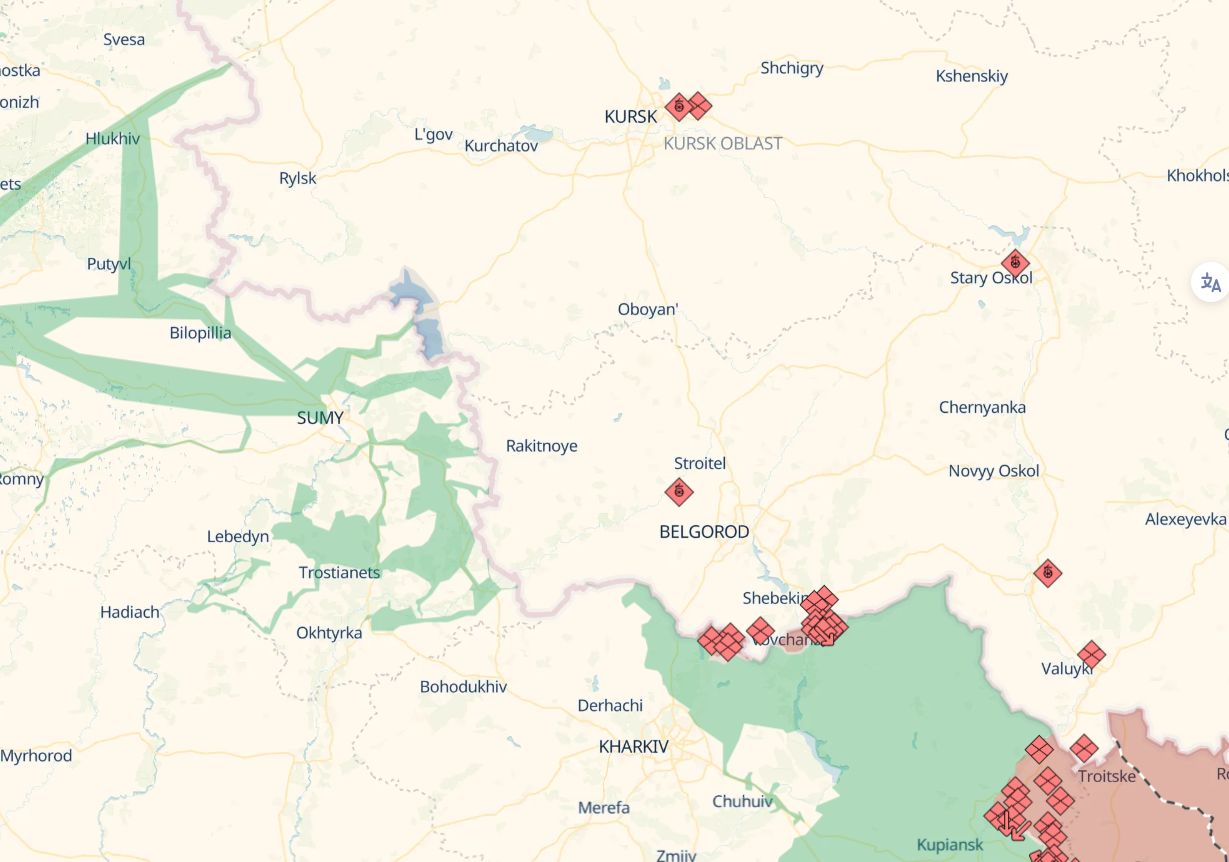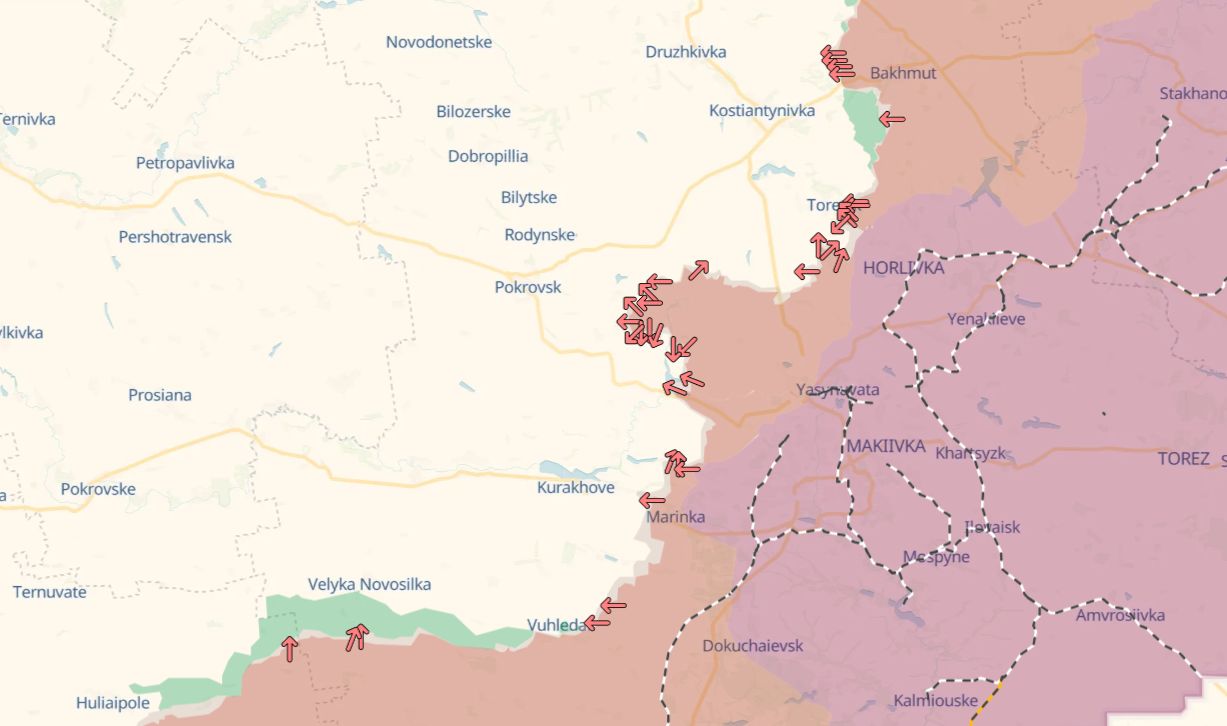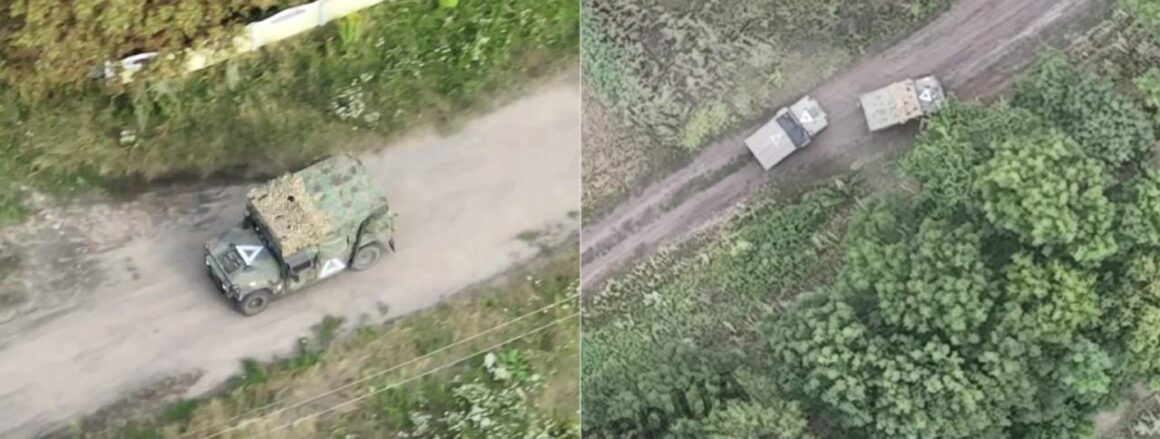Spirits are lifted
To say that this incursion into the Kursk Oblast caught many, including the Russian command, by surprise is an understatement. We can confidently assert that the operational planning was executed skillfully, as the enemy not only failed to assemble a properly sized rapid response force but also misread the intent of the Ukrainian maneuver despite having extensive ISR capabilities over the frontlines and even deep into Ukrainian territory.
This bold incursion into Kursk Oblast highlights the inconsistency of concerns over escalation. Ukraine has been repeatedly prohibited from using ATACMS and similar systems deep within Russian territory due to fears of escalation. Yet now, with Russia's territorial integrity under direct threat, we do not see nuclear missiles flying toward Berlin, Brussels, Washington, or any other Western city.

The operation also underscores Russia's continued inability to swiftly respond to battlefield developments—a weakness evident during the Kharkiv counter-offensive in 2022, when Russia struggled to respond coherently to emerging challenges. This failure is unsurprising, as it stems from the over-centralization of control and the concentration of decision-making power in a few nodes, making any quick response nearly impossible.
Without a doubt, this incursion has sparked hope and optimism, not only within Ukraine but also in the West, which had begun to accept the idea of Ukraine slowly losing territory and war altogether.
https://twitter.com/visionergeo/status/1821490801131540483
It remains an indisputable fact that the capture of a significant number of prisoners of war, some of whom appear to be conscripted soldiers, is a major humanitarian victory for Ukraine. Countless Ukrainian families have been waiting for their loved ones to return from captivity since 2022.
In this context, conscript soldiers hold particular value, as Russian society is generally more sensitive to the plight of conscripts than to that of contract soldiers. This sensitivity is underscored by Putin's promise in the spring of 2022 to address the issue of conscripts being used in combat situations.
But is Ukraine's Kursk incursion worth the effort?
That being said, amid the optimism and positivity, it’s important to remain critical and assess the situation soberly. As the summer 2023 offensive demonstrated, euphoria can quickly turn into a hangover.
While Ukrainian forces are encountering seemingly weak resistance as they advance, their logistical lines are inevitably lengthening. To address this, Ukraine will need to widen the incursion, which could slow the pace of its advance due to limited resources and available brigades.
Overextension poses risks beyond logistics - it also complicates the ability to provide adequate air defense coverage for advancing troops.
As Russia eventually assembles a large enough force to counter Ukrainian advances, the Ukrainian command will face a tough dilemma: to halt and dig in or to retreat back to Ukraine.
In the first scenario, it’s unclear how extended frontlines and unprepared positions with stretched logistics would be more favorable than the more established positions in Donbas. If Ukrainian troops choose to withdraw, it raises the question of whether the operation was worth the effort, especially given the need to redeploy elements from several brigades in Donbas for this incursion.
Meanwhile, in Donbas, Russian forces continue to advance toward Pokrovsk and have made progress in the Toretsk area over the past week.

As Ukrainian forces slowly retreat in the Pokrovsk direction, there are no stabilization reserves currently available on site.
So far, there is no evidence that Russia is moving its main units from Donetsk Oblast to Kursk, casting doubt on the theory that this incursion could relieve pressure on Donetsk. That being said, it may be too early to draw conclusions, as such movements could occur in the future.
However, as of today, there is no public information or indication that Russia has shifted its main forces or decreased pressure in the Pokrovsk direction.
Related:
- Kursk incursion: why is Ukraine taking the war to Russian soil?
- US says Ukraine didn’t notify about alleged Kursk incursion
- Forbes analyst and Israeli expert clash over Ukrainian incursion into Russia’s Kursk Oblast
- ISW: Russian bloggers claim Ukraine “diverts” attention with Kursk incursion

